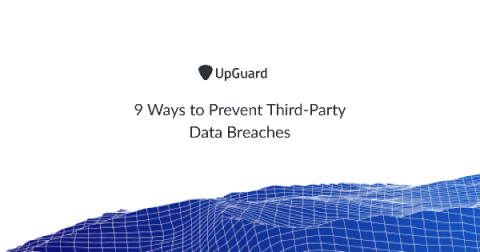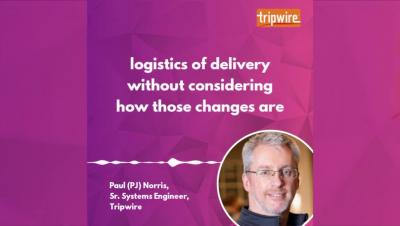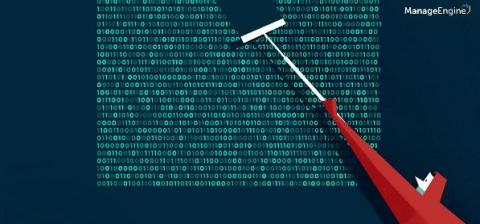Cybersecurity in education: Securing schools as they transition to online learning
Whether they were prepared for it or not, schools around the world have been forced to adopt an online learning model for students thanks to the COVID-19 pandemic. One of the biggest concerns educators need to have in this situation is exactly how to create a fully secure remote learning environment in order to keep sensitive information for both the schools and individual students safe from hackers.










